Optimizing Power Efficiency with Custom LC Filter Solutions
Introduction to LC Filters in Power Systems LC filters, consisting of inductors (L) and capacitors (C), play a pivotal role in the optimization of power efficiency within electrical systems. These filters are essential for managing the quality of electrical signals, specifically by allowing certain frequencies to pass while attenuating others. This ability to control frequency …
Optimizing Power Efficiency with Custom LC Filter Solutions Read More »
